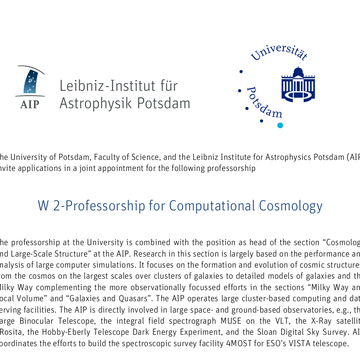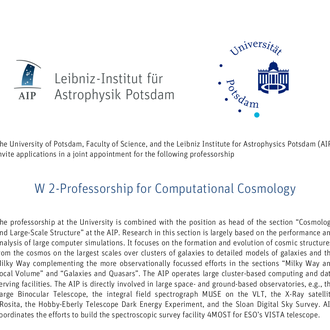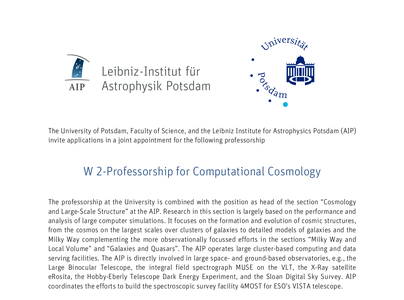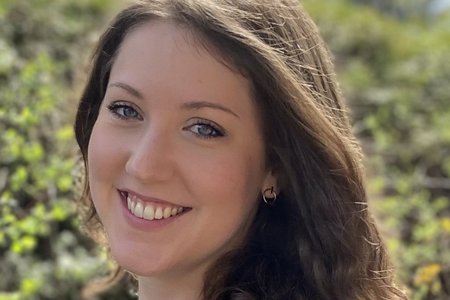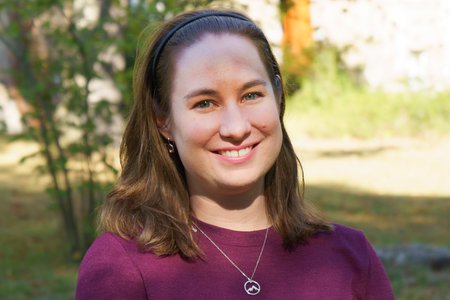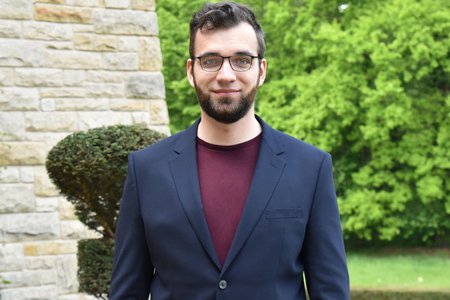W 2-Professorship for Computational Cosmology
The University of Potsdam, Faculty of Science, and the Leibniz Institute for Astrophysics Potsdam (AIP) invite applications in a joint appointment for a W 2-Professorship for Computational Cosmology.
The professorship at the University is combined with the position as head of the section “Cosmology and Large-Scale Structure” at the AIP. Research in this section is largely based on the performance and analysis of large computer simulations. It focuses on the formation and evolution of cosmic structures, from the cosmos on the largest scales over clusters of galaxies to detailed models of galaxies and the Milky Way complementing the more observationally focussed efforts in the sections “Milky Way and Local Volume” and “Galaxies and Quasars”. The AIP operates large cluster-based computing and data serving facilities. The AIP is directly involved in large space- and ground-based observatories, e.g., the Large Binocular Telescope, the integral field spectrograph MUSE on the VLT, the X-Ray satellite eRosita, the Hobby-Eberly Telescope Dark Energy Experiment, and the Sloan Digital Sky Survey. AIP coordinates the efforts to build the spectroscopic survey facility 4MOST for ESO’s VISTA telescope.
The appointee is responsible for establishing a research group carrying out independent research programmes in the broadly defined field of computational cosmology. Applicants should have made important, internationally recognized scientific contributions in the field of computational cosmology, in particular concerning the formation of galaxies, galaxy clusters, and the large-scale structure of the Universe; they should have teaching experience and leadership skills. The appointee is expected to actively participate in the educational programmes at the Institute of Physics and Astronomy at the Faculty of Sciences at the University of Potsdam. Within the cooperation agreement between the AIP and the University of Potsdam, the professor will have teaching responsibilities in the field of extragalactic astrophysics and cosmology of two hours per week. Collaboration with other scientists at the AIP and the University of Potsdam is strongly encouraged. All candidates should have the potential to attract external funding for a creative, independent and broad-based research programme.
The employment is planned according to the “Jülicher Modell”. The candidate will be appointed as a civil servant with the obligation to teach at least two hours per week at the University of Potsdam.
Prerequisites for the application are a doctoral degree and a record of research equivalent to the German “Habilitation”. Scientific qualifications achieved in the private sector, outside Germany, or as junior professor will also be considered (§ 41 Brandenburgisches Hochschulgesetz - BbgHG).
Appointment will be made as a civil servant or a public employee according to the laws of Brandenburg (§ 40 BbgHG).
The University of Potsdam and the AIP strive to increase the proportion of women in research and teaching and specifically encourages female applicants to apply for this position. Handicapped applicants will be given preference in case of equal suitability.
The University of Potsdam offers dual career support and coaching for newly-appointed professors:
http://www.uni-potsdam.de/en/neue-beschaeftigte/information-for-newly-appointed-professors.html [not available anymore]
Applications (with a presentation of your research interests, curriculum vitae, copies of academic certificates and documents, a list of publications, a list of conducted courses, a list of externally funded projects) should be sent to the University of Potsdam ausschreibungen@uni-potsdam.de by October 15th, 2015.
Inquiries to: Prof. Matthias Steinmetz (msteinmetz@aip.de)
Download: W 2-Professorship for Computational Cosmology (PDF file)
The University of Potsdam, Faculty of Science, and the Leibniz Institute for Astrophysics Potsdam (AIP) invite applications in a joint appointment for a W 2-Professorship for Computational Cosmology.
The professorship at the University is combined with the position as head of the section “Cosmology and Large-Scale Structure” at the AIP. Research in this section is largely based on the performance and analysis of large computer simulations. It focuses on the formation and evolution of cosmic structures, from the cosmos on the largest scales over clusters of galaxies to detailed models of galaxies and the Milky Way complementing the more observationally focussed efforts in the sections “Milky Way and Local Volume” and “Galaxies and Quasars”. The AIP operates large cluster-based computing and data serving facilities. The AIP is directly involved in large space- and ground-based observatories, e.g., the Large Binocular Telescope, the integral field spectrograph MUSE on the VLT, the X-Ray satellite eRosita, the Hobby-Eberly Telescope Dark Energy Experiment, and the Sloan Digital Sky Survey. AIP coordinates the efforts to build the spectroscopic survey facility 4MOST for ESO’s VISTA telescope.
The appointee is responsible for establishing a research group carrying out independent research programmes in the broadly defined field of computational cosmology. Applicants should have made important, internationally recognized scientific contributions in the field of computational cosmology, in particular concerning the formation of galaxies, galaxy clusters, and the large-scale structure of the Universe; they should have teaching experience and leadership skills. The appointee is expected to actively participate in the educational programmes at the Institute of Physics and Astronomy at the Faculty of Sciences at the University of Potsdam. Within the cooperation agreement between the AIP and the University of Potsdam, the professor will have teaching responsibilities in the field of extragalactic astrophysics and cosmology of two hours per week. Collaboration with other scientists at the AIP and the University of Potsdam is strongly encouraged. All candidates should have the potential to attract external funding for a creative, independent and broad-based research programme.
The employment is planned according to the “Jülicher Modell”. The candidate will be appointed as a civil servant with the obligation to teach at least two hours per week at the University of Potsdam.
Prerequisites for the application are a doctoral degree and a record of research equivalent to the German “Habilitation”. Scientific qualifications achieved in the private sector, outside Germany, or as junior professor will also be considered (§ 41 Brandenburgisches Hochschulgesetz - BbgHG).
Appointment will be made as a civil servant or a public employee according to the laws of Brandenburg (§ 40 BbgHG).
The University of Potsdam and the AIP strive to increase the proportion of women in research and teaching and specifically encourages female applicants to apply for this position. Handicapped applicants will be given preference in case of equal suitability.
The University of Potsdam offers dual career support and coaching for newly-appointed professors:
http://www.uni-potsdam.de/en/neue-beschaeftigte/information-for-newly-appointed-professors.html [not available anymore]
Applications (with a presentation of your research interests, curriculum vitae, copies of academic certificates and documents, a list of publications, a list of conducted courses, a list of externally funded projects) should be sent to the University of Potsdam ausschreibungen@uni-potsdam.de by October 15th, 2015.
Inquiries to: Prof. Matthias Steinmetz (msteinmetz@aip.de)
Download: W 2-Professorship for Computational Cosmology (PDF file)
Images
Big screen size [1000 x 740, 260 KB]
Original size [1231 x 912, 130 KB]
